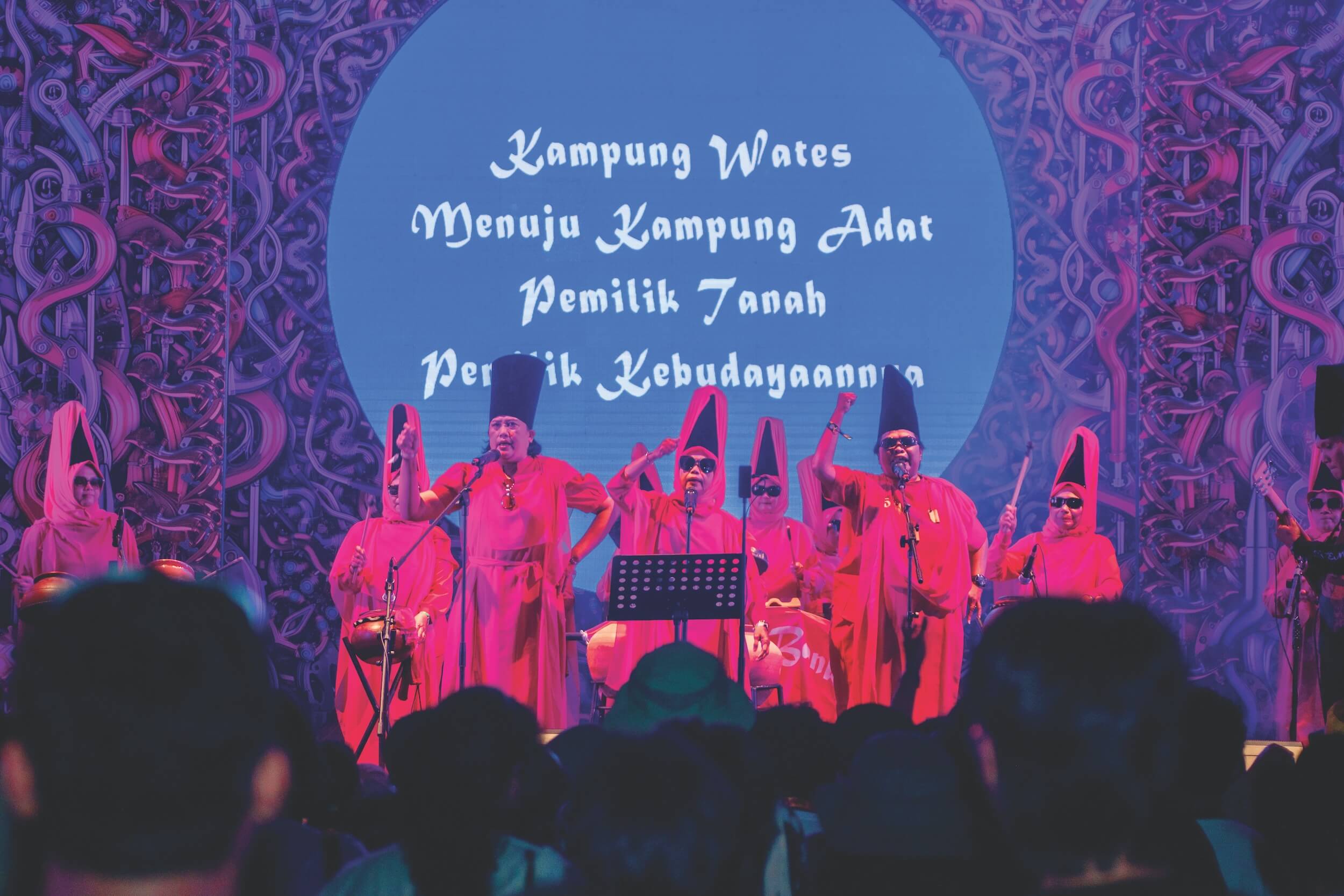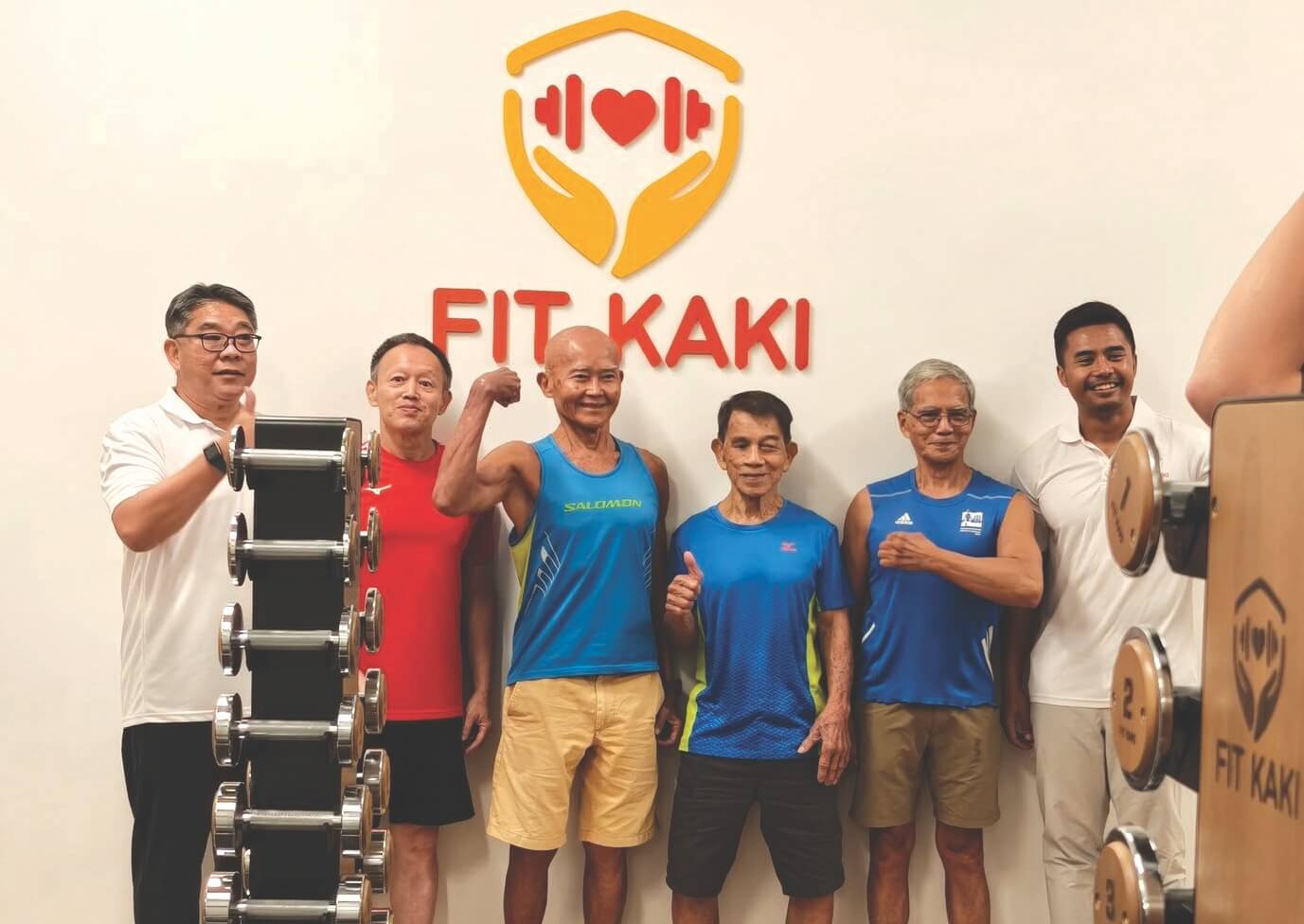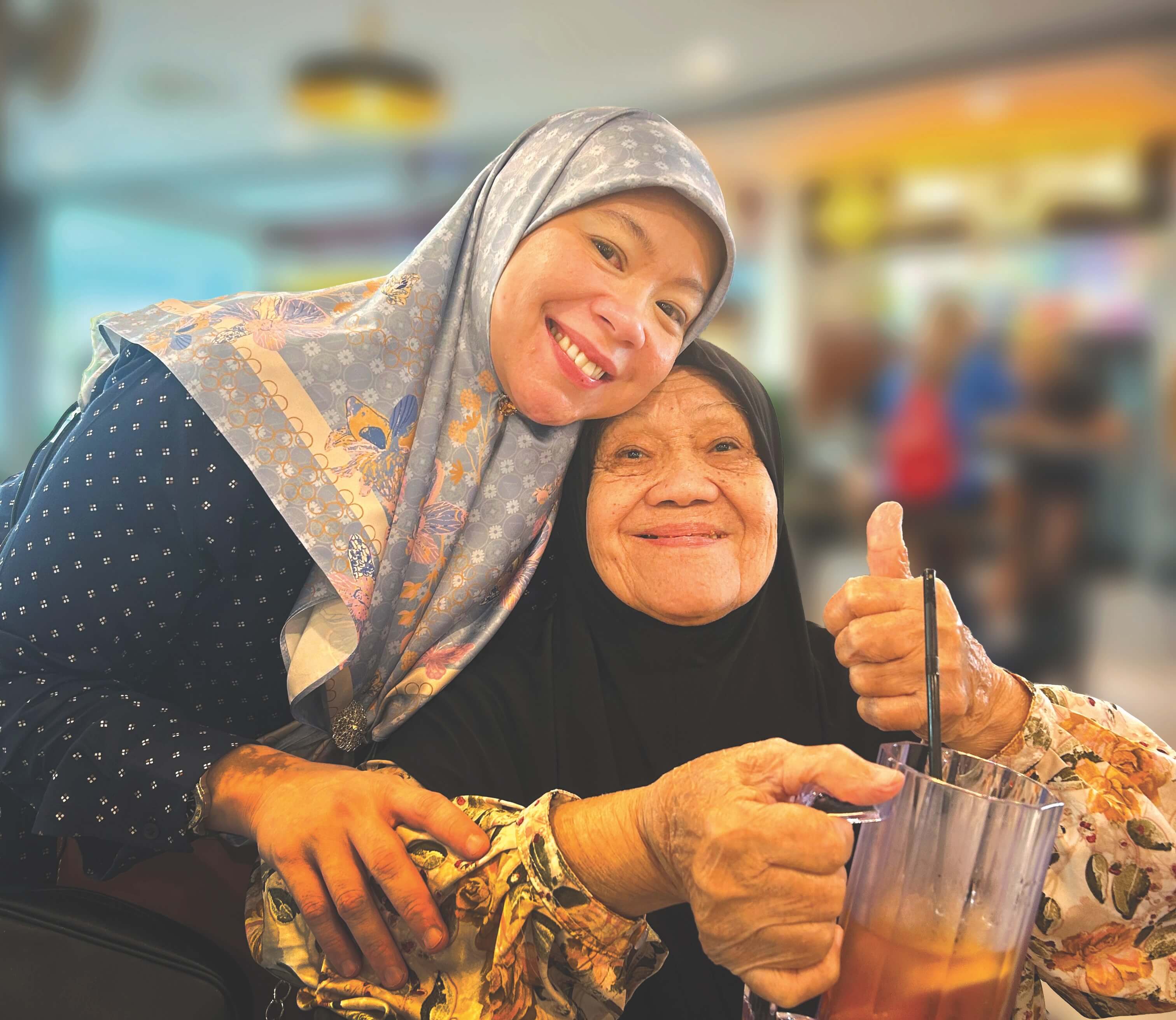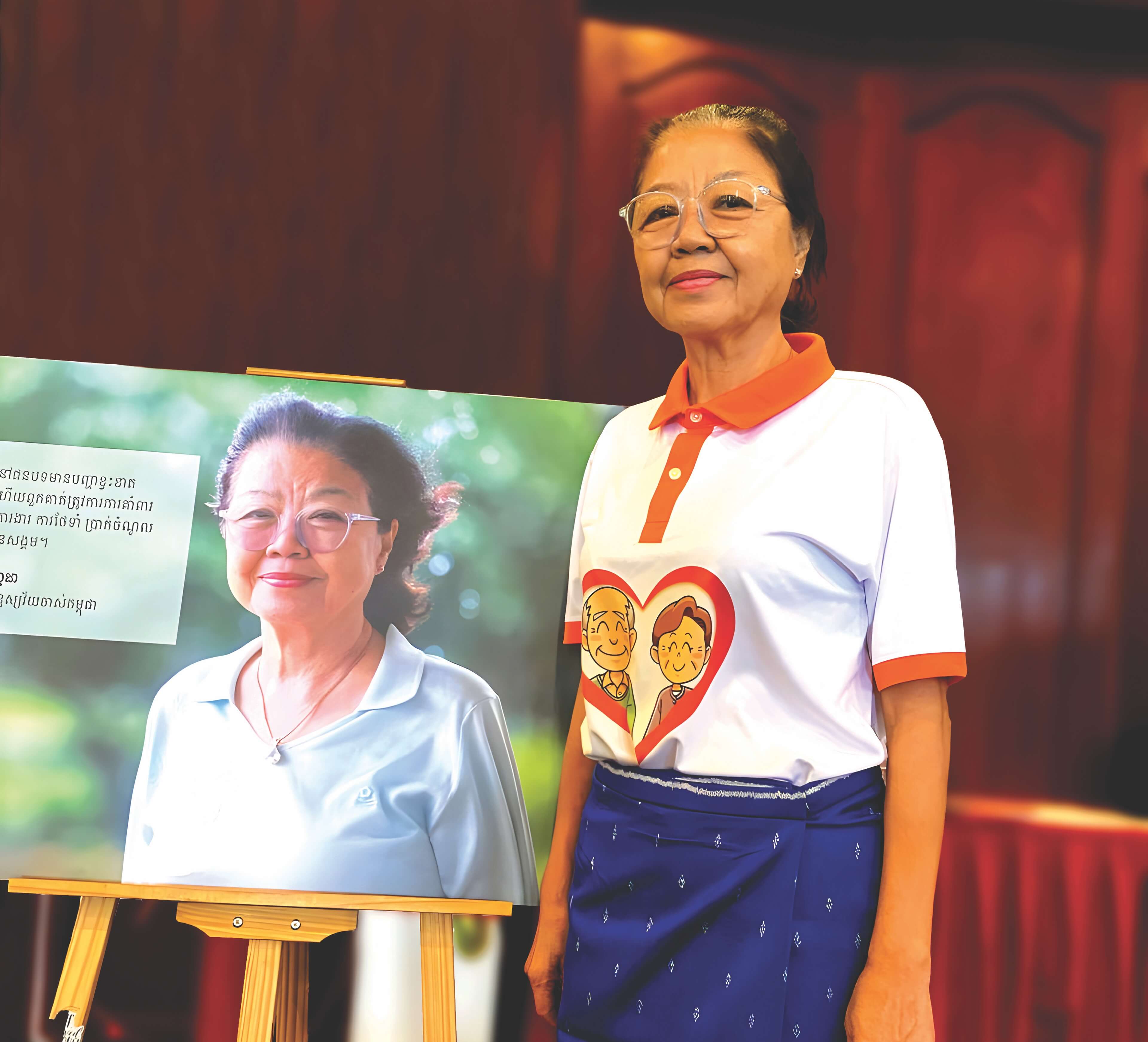



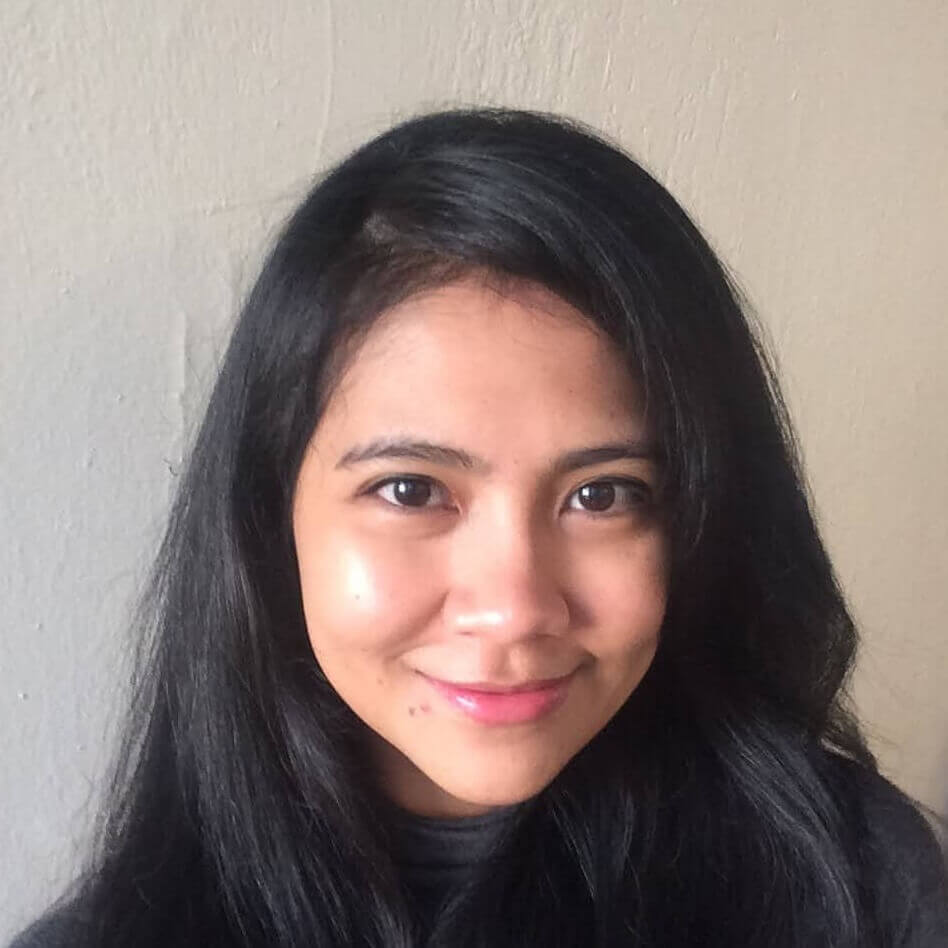
Sixty-eight-year-old Vanda Ou leads the Cambodian Ageing Network (CAN), a platform uniting organisations and stakeholders to improve the lives of older people in Cambodia.
Established in 2018 with support from HelpAge Cambodia and recognition from the Ministry of Social Affairs, Veterans, and Youth Rehabilitation (MoSVY), CAN connects Older People’s Associations (OPAs), NGOs, and government institutions to address key issues and collaborate on solutions.
CAN works at both local and national levels, partnering with local authorities to strengthen OPAs and support older people on the ground while also advocating for ageing-related policies and contributing to national initiatives.
The Cambodian Ageing Network began working with OPA in five provinces. After seven years, the movement has reached 14 provinces. The ASEAN spoke with Vanda Ou about her journey and her advocacy for healthy ageing in Cambodia.
After her husband passed away, Vanda Ou began living alone in her home in Battambang City. For her, entering the so-called golden years was no walk in the park. Shortly after retirement, Vanda faced a series of challenges—the most painful of which was discrimination.
“Even though I was still capable of working, I was forced to stop simply because of my age. My family sometimes made me feel old and useless, my colleagues from work drifted away, and even members of the community began treating me as if I were no longer important. The feeling of being unwanted and unneeded was painful,” she candidly shares.
As if the pain of becoming slowly invisible wasn’t already a heavy cross to bear, Vanda also worried about her financial security. Her pension was insufficient. Her health grew more delicate with time, and she was unsure whether public hospitals would provide her with adequate care.
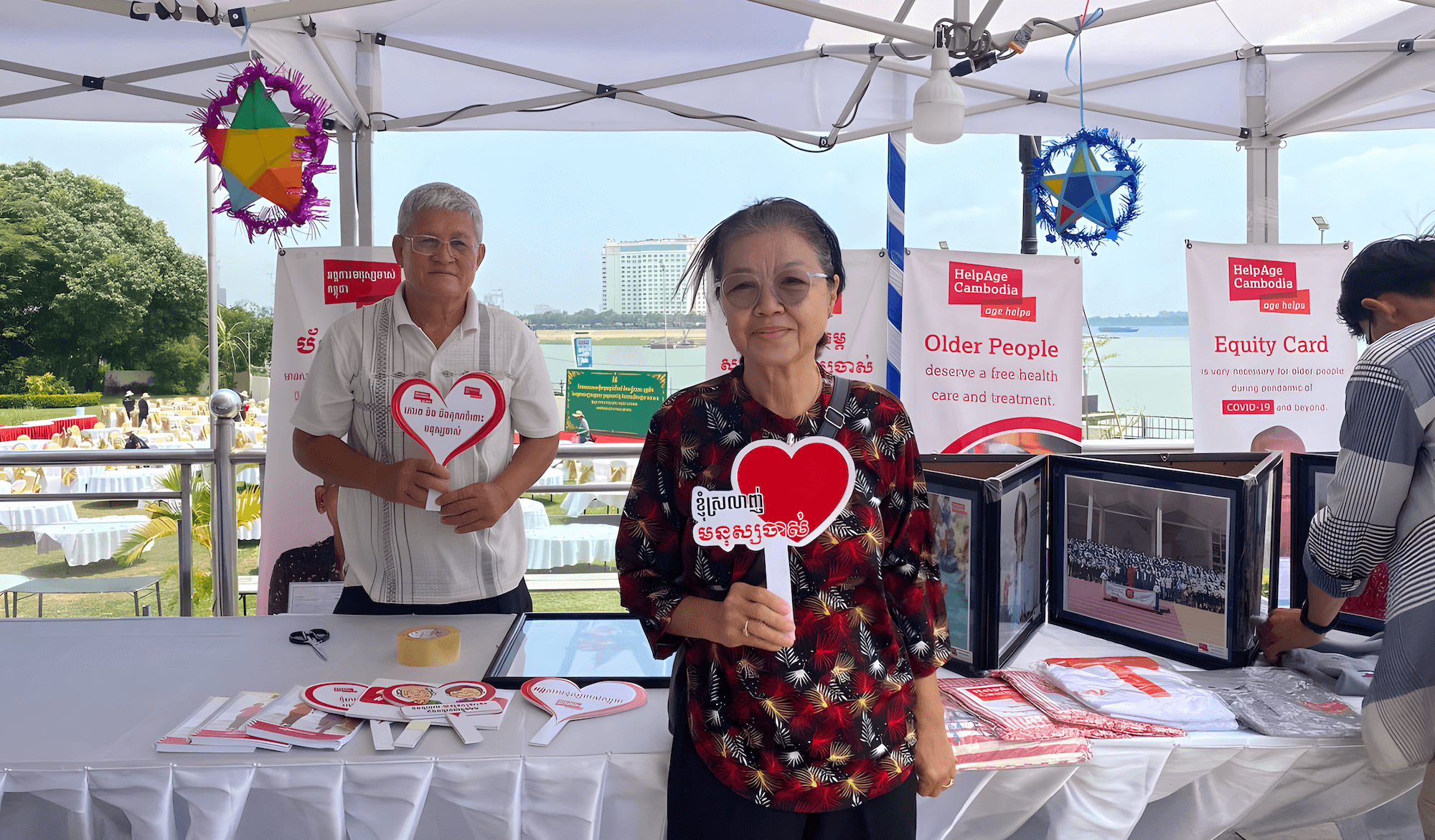
“I have multiple chronic health conditions, including diabetes, high blood pressure, and heart disease, in addition to serious foot problems that limit my mobility,” she adds.
Amid that hopelessness, her heart lifted when neighbours reached out to help. With support from HelpAge Cambodia, Vanda and her neighbours established an Older People Association, which the local government later supported.
“This made me realise that I was not alone. Without an OPA, I would definitely feel lonely and isolated from society.”
Vanda’s experience is far from unique. For many older people in Cambodia, daily life centres on dependency, especially on their children for financial and emotional support.
“Their well-being could improve significantly if the government strengthened healthcare support and families became more attentive to their health needs. Increased community involvement and assistance could also make a meaningful difference in their lives,” she suggests.
Drawing from her own experience, Vanda calls for stronger support for the OPA network, which plays a vital role in advancing the well-being and rights of older people, especially women and those with disabilities.
“Being among friends who understand my experiences has brought joy and purpose back into my life. We uplift and support older people help each other, which is making me feel useful once again. Now, we meet regularly, visit one another, and help each other through various activities.“
While community support has brought comfort and renewed purpose for some older persons, more solutions are needed. Many older people in Cambodia still face mounting pressures, especially those caring for their grandchildren. According to World Vision Cambodia, around one in three elderly Cambodians shoulder this responsibility, a reality Vanda sees as deeply challenging.
While caring for their grandchildren brings most older persons joy and purpose, Vanda says that leaning on them as primary caregivers also takes away from their personal time, affecting their health and finances.
“Many struggle to prioritise their own health because they are constantly attending to the needs of young children. Financially, it is difficult, as older people often lack a steady income and must stretch their limited resources to provide for their grandchildren.
“The heavy responsibility often leaves them physically and emotionally drained, especially since many are not financially prepared for such a role.”
Recognising these growing challenges, Vanda urges ASEAN to take bolder steps in protecting and supporting older people by implementing laws that uphold their rights across all member states.
“Increased funding and policy initiatives dedicated to elderly care are essential. Older people in Cambodia deserve equal access to healthcare, social protection, and livelihood opportunities—just as older populations in other ASEAN countries do. Investing in ageing-related programmes will benefit not only older persons but society as a whole.”
After weathering her own challenges, Vanda encourages those who feel lost or overlooked to stay strong, reach out for support, stand by one another, engage with OPAs, and collaborate with local authorities to make their voices count.
“Retirement does not mean the end of productivity or purpose. With the right mindset and support, life after retirement can be fulfilling and meaningful,” she concludes.
The views and opinions expressed in this conversation are solely of the interviewee and do not reflect the official policy or position of ASEAN.




